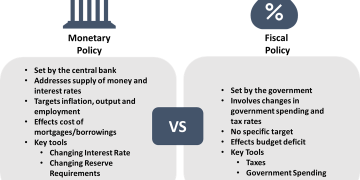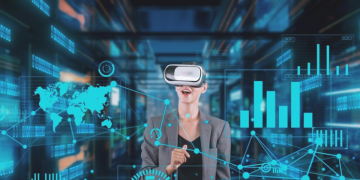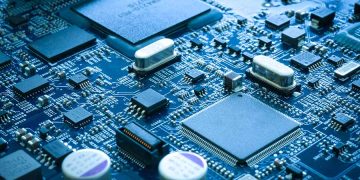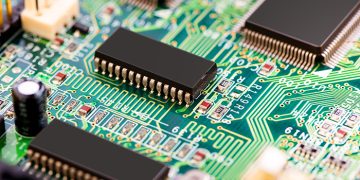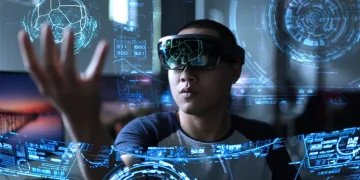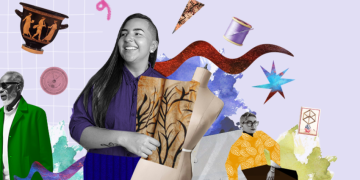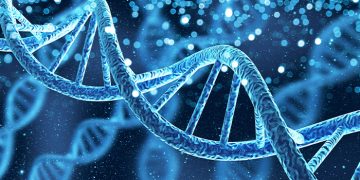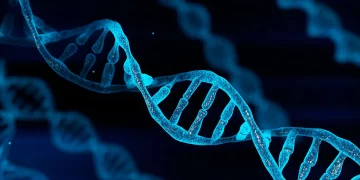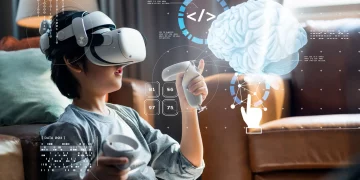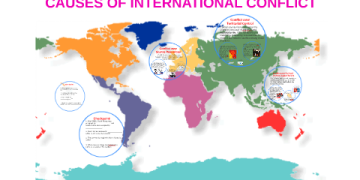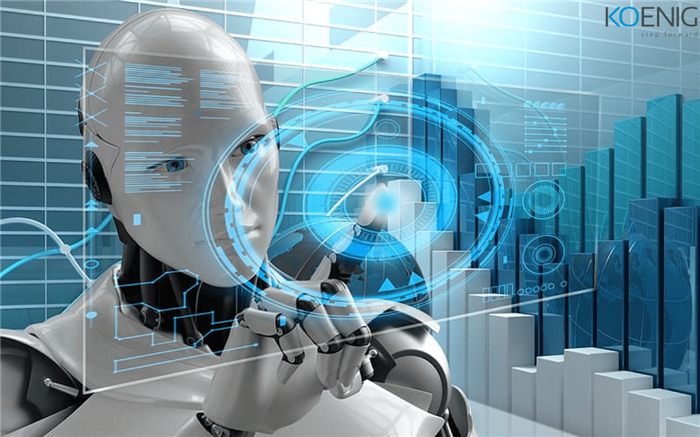A World Shaped by Algorithms
In the spring of 2018, a self-driving car being tested by Uber struck and killed a pedestrian in Arizona. It was the first recorded death caused by an autonomous vehicle. The tragedy sparked global debate: Who is responsible when a machine makes a fatal mistake—the engineers, the company, or the algorithm itself?
This incident captures the essence of artificial intelligence in the 21st century: a technology filled with dazzling opportunities but also unprecedented risks. From voice assistants in our homes to predictive analytics in healthcare, AI shapes our daily lives in ways both visible and invisible. Yet, as algorithms grow more powerful, so too does the need to ask hard ethical questions.
The Promise of Algorithms
Efficiency and Productivity
AI automates routine tasks at a scale and speed no human can match. In logistics, algorithms optimize delivery routes; in agriculture, drones and sensors powered by AI improve crop yields. Productivity gains are undeniable.
Innovation in Healthcare
AI-driven diagnostics identify cancer cells earlier than many doctors. Algorithms analyze genetic data to recommend personalized treatments. During the COVID-19 pandemic, AI models helped track infection rates and accelerate vaccine development.
Enhancing Human Experience
Recommendation systems on Netflix or Spotify introduce us to new music and films. AI-powered translation tools break down language barriers, enabling cross-cultural communication at unprecedented levels.
The Shadows Behind the Code
Algorithmic Bias
In 2016, an investigation revealed that an AI system used in U.S. courts to predict recidivism rates was biased against African American defendants. Algorithms are not neutral; they inherit the biases of their training data.
Surveillance and Privacy
Facial recognition technologies deployed in cities raise concerns of mass surveillance. While they promise security, they risk eroding civil liberties and creating “big brother” societies.
Economic Disruption
Automation threatens millions of jobs in manufacturing, retail, and transportation. While AI creates new roles, the transition leaves workers vulnerable, especially in developing economies.
Weaponization of AI
From autonomous drones to cyber warfare, the militarization of AI presents existential dangers. The prospect of machines making life-and-death decisions without human oversight alarms ethicists and policymakers alike.
The Ethical Dilemmas
- Accountability – If an autonomous vehicle causes harm, who bears responsibility: the programmer, the manufacturer, or the AI system?
- Transparency – Many AI systems are “black boxes,” producing results without clear explanations. How can trust be established without transparency?
- Consent – Users often share personal data unknowingly, feeding algorithms without explicit approval. Where should the line be drawn between utility and exploitation?
- Human Autonomy – Recommendation algorithms shape our choices. Are we freely deciding, or are we nudged by invisible forces?
Stories from the Field
- China’s Social Credit System: AI evaluates citizens’ behavior, rewarding or penalizing them. Supporters argue it encourages responsibility; critics call it a dystopian tool of control.
- Healthcare in Africa: AI diagnostic tools deployed in rural clinics where doctors are scarce save lives daily, showing the life-changing power of accessible algorithms.
- Deepfakes in Politics: Videos generated by AI blur the line between truth and falsehood, threatening democratic processes.
These stories illustrate AI’s double-edged nature: lifesaving in one context, destabilizing in another.

Navigating the Risks
Building Ethical Frameworks
Governments and organizations are drafting AI ethics guidelines. The European Union promotes principles of transparency, fairness, and human oversight. Yet enforcement remains inconsistent.
Corporate Responsibility
Big tech firms like Google and Microsoft now employ AI ethicists. But critics argue that profit motives often outweigh ethical commitments. True responsibility requires external accountability.
Public Awareness
AI literacy among citizens is crucial. Understanding how algorithms work empowers people to question, challenge, and demand better systems.
Global Cooperation
AI is not confined by borders. International collaboration is needed to prevent a digital arms race and to establish norms that prioritize human welfare.
Opportunities Hidden in Risks
Interestingly, many risks of AI also point toward opportunities:
- Bias highlights the need for diverse datasets and inclusive innovation.
- Privacy concerns encourage the development of privacy-preserving technologies.
- Job disruption sparks creativity in designing new forms of employment.
- Weaponization risks underline the urgency of diplomacy and global treaties.
By confronting challenges directly, society can transform risks into catalysts for progress.
Looking Ahead: Three Possible Futures
Future 1: Techno-Utopia
AI becomes a trusted partner, enhancing human creativity, eliminating poverty, and solving climate change. Ethical governance keeps risks under control.
Future 2: Digital Dystopia
Unchecked, AI deepens inequality, enables authoritarianism, and destabilizes economies. Human autonomy diminishes under algorithmic control.
Future 3: Balanced Coexistence
Societies learn to integrate AI thoughtfully—celebrating its benefits while containing its dangers through regulation, education, and cultural adaptation.
Conclusion: Ethics as the Compass
AI is not destiny; it is direction. The algorithms themselves are neither good nor evil—they are mirrors of human choices, ambitions, and flaws. The task of the 21st century is to ensure that as AI grows more powerful, it grows more aligned with human values.
We stand at a crossroads: one path leads to empowerment and flourishing, the other to exploitation and control. Navigating between them requires not just technical brilliance but ethical wisdom. In this sense, the future of AI is less about algorithms and more about humanity itself.





